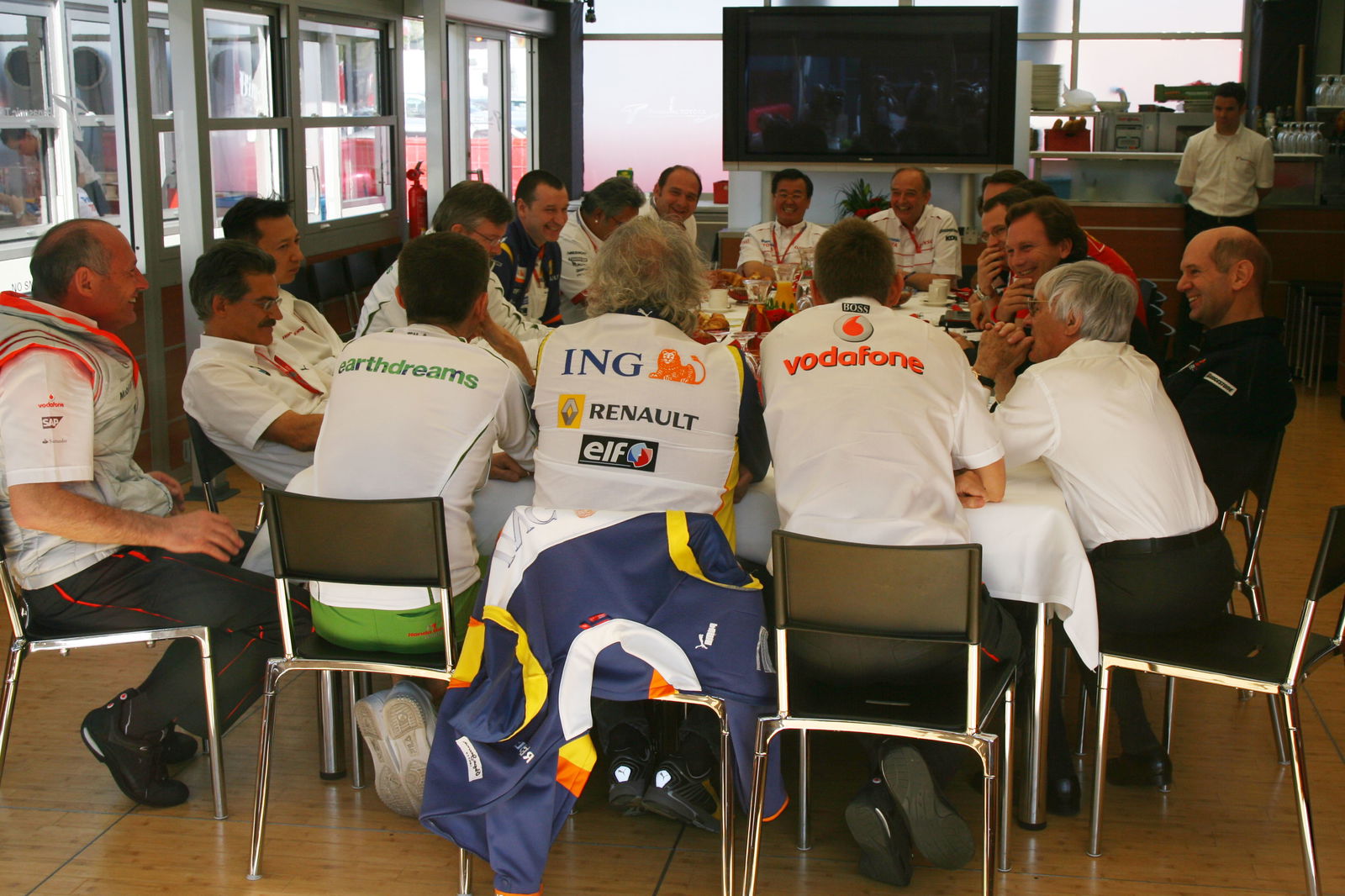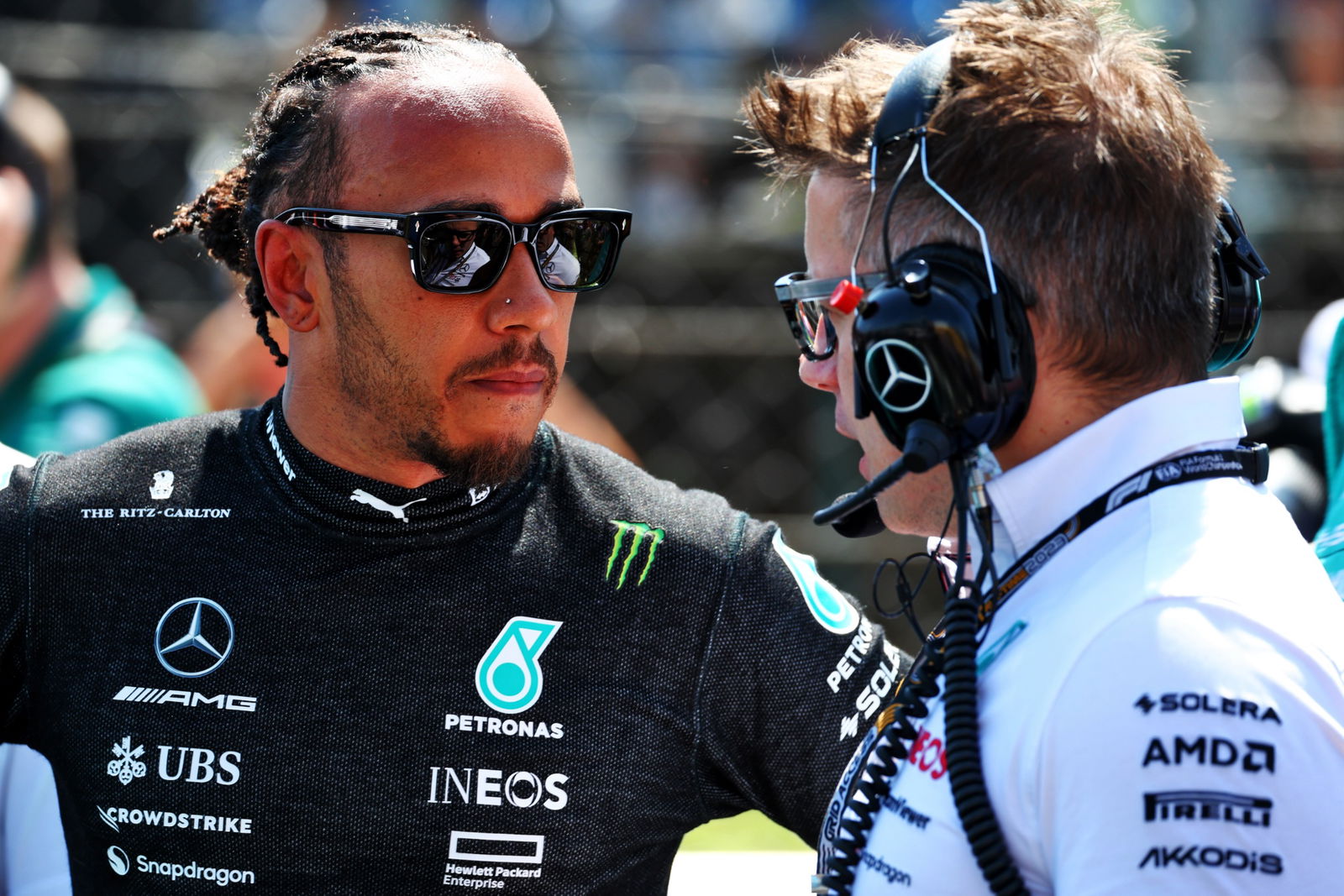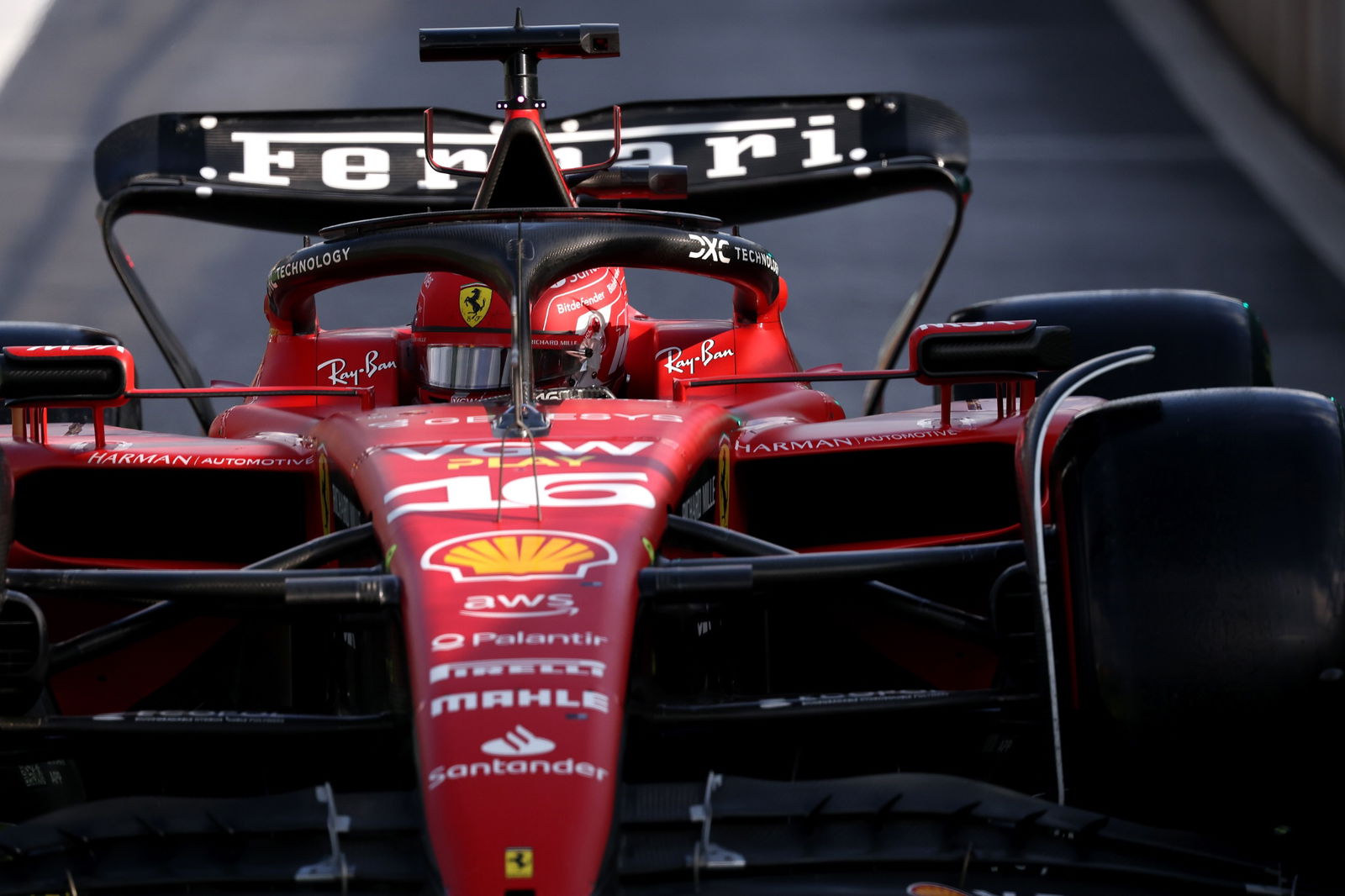If Netflix filmed a 2005 F1 team boss meeting, who would steal the show?

Horner became F1’s youngest team principal when he started at Red Bull in 2005 during the team’s debut season and he has dealt with some very different characters over his time in the sport.
While Netflix’s Drive to Survive documentary has focused heavily on his heated rivalry with Mercedes counterpart Toto Wolff in recent seasons, Horner has noticed a shift in the type of characters in F1 now.
Horner described himself and Wolff as the last of the “dinosaur” leaders in the paddock.
“When I first came into the sport, there was Ron Dennis, there was Flavio Briatore, there was Eddie Jordan, there was Jean Todt, Bernie Ecclestone running it, Max Mosley there, Frank Williams,” Horner told ESPN.
“They were all massive characters. Ron Dennis was a big character, he was passionate about what he would argue for.
“Bernie would carve up the room! He’d have everything brought up with Max before the meeting had even started.
“Flavio was huge character. If Ron said it was black, he’d say it was white!
“Jean Todt would be ruthless in his protection of all things Ferrari, totally uncompromising. They were all huge characters and personalities.”

Horner also noted how Netflix has been a “game-changer” for F1’s popularity, adding that it would never have been allowed under Bernie Ecclestone’s watch.
“Bernie would have never dreamt of doing Netflix,” Horner said.
“The money involved would have been nowhere near what he expected.
“Netflix has transformed the sport, it has taken it into households that it would never have been in before.
“It was a niche sport but it has made drivers and some team principals household names.
“It has engaged America, it has brought millions of dollars of revenue in. So it has been a game-changer. Part of that change is how it’s been perceived.
“You’ve got diehard fans that follow all the actions but Netflix has sort of turned it into the Kardashians on wheels! It’s brought a whole new audience and it’s changed the dynamic massively.
“Ten years ago arriving at the hotel in Budapest you’d be lucky if you found 25 people out there. Now we have to go through the underground car park.”








